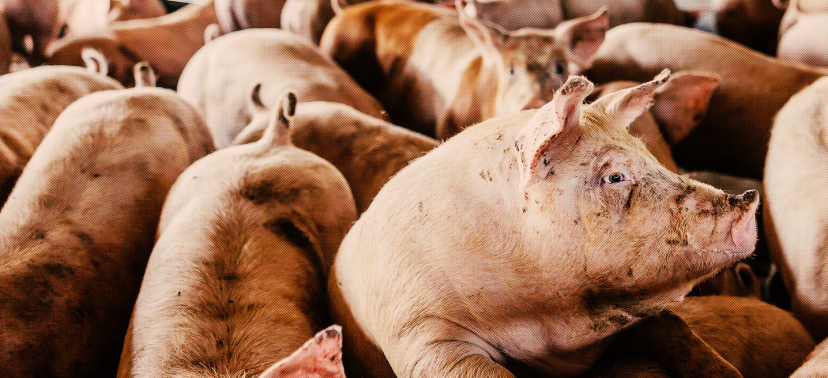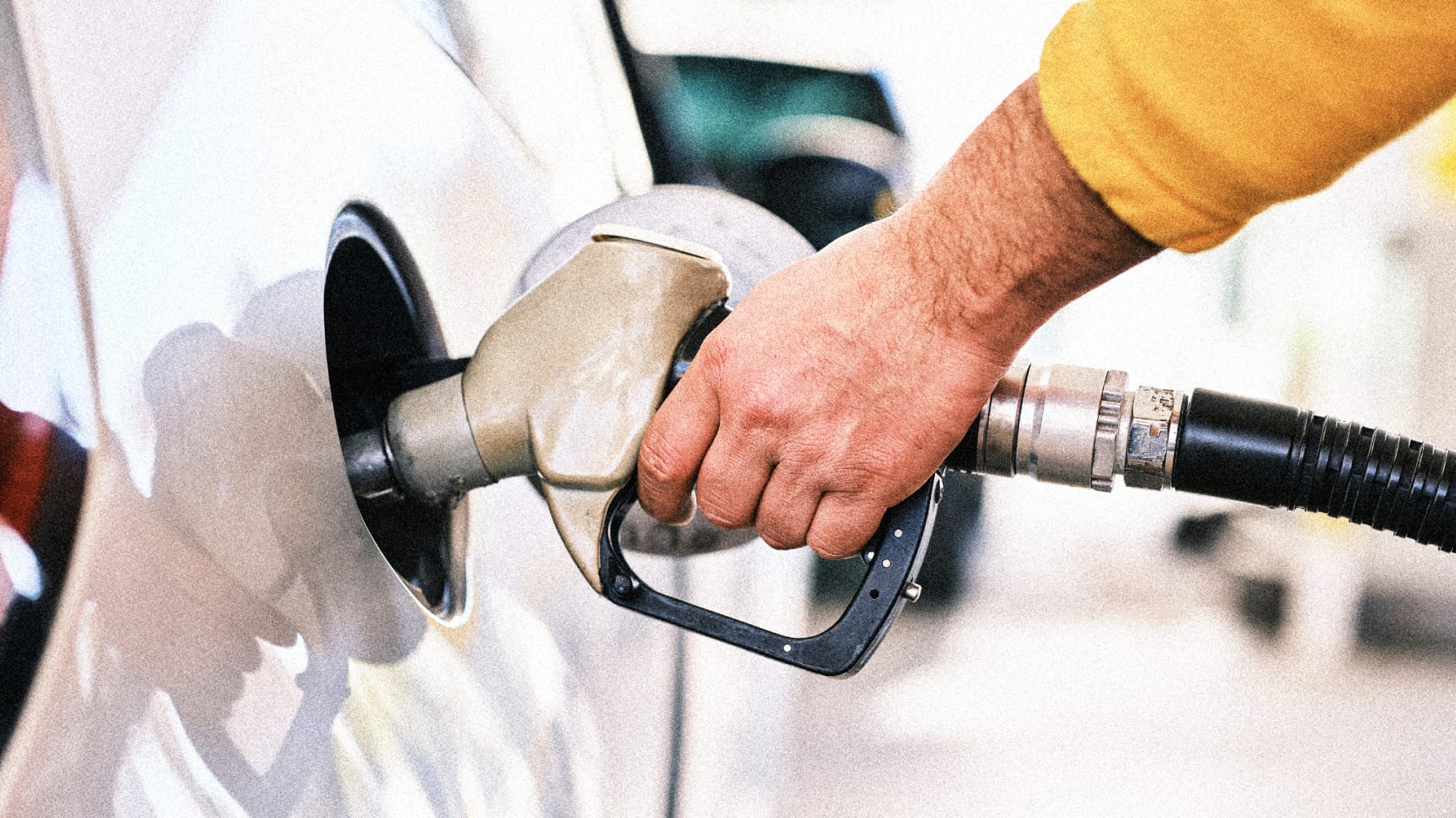ClimateNews & Opinion
CC BY 2.0, Dying Regime / Flickr
by Mia DiFelice
Update (October 25, 2023): This week, Sen. Jeff Merkley (D-OR) and Rep. Jared Huffman (D-CA) reintroduced the Break Free From Plastic Pollution Act. This bill would be a massive first step to reducing plastic pollution and stopping the fossil fuel industry from locking us into more oil, gas, and plastic production.
The Break Free From Plastic Pollution Act would ban many single-use, non-recyclable plastic products (like single-use carry out bags) nationwide. It would also require makers of packaging, containers, and food service products to create waste management programs.
Help us build a safer, healthier, more sustainable future by calling on your representative to support the Break Free From Plastic Pollution Act!
Although we have a long fight ahead of us to transition off fossil fuels, the tide is turning. Consumers around the world are demanding greener power and more action on climate change.
Big Oil has read the writing on the wall and has added a new tool to its arsenal — plastics. While public opinion turns against dirty energy, corporations are pushing petrochemicals to keep us hooked on fossil fuels.
Big Oil Is Betting Billions On Plastic
In the 2010s, the fracking boom created such a glut of natural gas that the industry scrambled to find new markets for it. Petrochemical companies were happy to step in. Ethane, a main raw material in many plastics, has doubled production in the U.S. from 2013 to 2021. Desperate to offload the surplus, U.S. companies send it around the world, often at bargain-bin prices. Ethane exported from the U.S. has gone from nonexistent to 300,000 barrels a day. The result — an explosion of plastic. Now, experts expect plastic production and consumption to triple by 2060.
The construction planned to expand the industry needs to stay in the blueprints. From cracker plants to pipelines, this infrastructure is expensive and dangerous. If all the planned projects are completed, emissions from plastics will double by 2050. These projects include 350 chemical plants that would introduce health risks to nearby communities. But since 2010, petrochemical companies have already spent $200 billion to expand plastics manufacturing infrastructure.
At the same time, public opinion is getting hip to our plastic problem. Cities and states across America are banning certain kinds of single-use plastic. On a global level, Canada, India, France, and many other countries have placed their own bans just this year. Such measures predict shifting prices and future failure. Big Oil’s bet on the industry will entrench billions of dollars into infrastructure that will likely become unprofitable in a few years.
Plastic Pose Growing Public Health Problems
If allowed to grow, the plastics industry stands to harm our families and communities in so many ways. For one, plastics release toxic chemicals all throughout their life cycle. From volatile organic compounds emitted during fracking, to heavy metals released during recycling, we absorb these toxins by breathing, eating or simply touching them.
Then, there are the pipelines. To make plastics, companies first extract ethane from natural gas liquids. Moving those NGLs requires miles of new pipelines. But NGLs are volatile and flammable, meaning pipelines have a host of health, safety and environmental risks. Yet, most of these lines aren’t regulated, sited or permitted by the federal government. Many states don’t step in, so miles and miles of hazardous pipelines have no oversight at all.
On top of that, the petrochemical industry has a long history of environmental racism. Companies have often cited polluting plants near low-income communities and communities of color. In Louisiana’s “Cancer Alley,” dozens of petrochemical plants dapple the shores of the Mississippi for 80 miles. The emissions from those plants rain yellow droplets of pollution and kill birds mid-flight. The mostly black and brown residents in the region have some of the greatest risks for cancer in the country.
Despite What Big Oil Tells Us, Recycling Doesn’t Work
For decades, petrochemical companies — often owned by the same oil and gas giants — touted ad campaigns (to the tune of $50 million a year) to keep us buying more plastic. They funded projects and created regulations, signaling that we could solve our plastic problem with some blue bins. But most of what we throw in those blue bins will never see a recycling facility. Only 1 in 10 plastics made from 1950 to 2015 have been recycled. In 2021, that number dropped to 1 in 20.
Even the plastics that make it to a recycling center can’t be properly recycled. Instead, they’re downcycled, or turned into a lower-quality plastic. After that, they can only be downcycled once or twice more before they have to be tossed into a landfill.
The newest flavor of the recycling myth goes by “advanced recycling,” which uses chemicals and high heat to break down plastics. The process, which is expensive and emissions-intensive, usually just results in a low-grade fossil fuel. Advanced recycling actually creates more greenhouse gasses than sending the plastic to a landfill or incinerating it.
Yet, the plastics industry has pushed several states to loosen advanced recycling regulations, or even subsidize them. Taxpayers are funding Big Oil’s schemes to make plastic socially acceptable — when in fact, they’ll just create more problems and worsen climate change.
We Can’t Let Big Oil Get Away With Plastics
Plastics are a danger to human health and climate. While they have a few important uses, Big Oil is pushing way more plastic than we need. The lie of consumer demand needs to be unraveled. In reality, packaging makes up 40% of produced plastics — which consumers have little say in.
The more Big Oil builds out its infrastructure and floods the market with plastics, the bigger the problem becomes.
We can stop them in their tracks, starting with:
- Banning single-use plastics. These include water bottles, packaging and utensils, and they make up most of plastic waste. They end up in landfills, incinerators and our waterways. Like all plastics, they break down into microplastics, where they move much more easily and stealthily. Now, we find plastic in our sea salt, seafood, beer, honey, sugar and so much more.
- Banning fracking and new petrochemical facilities. We’ve known for years that fracking does irreparable damage to our environment and our communities. Petrochemical facilities are just as harmful. They’re also feeding the plastic problem, and stand to make it much, much worse.
Help us stop Big Oil’s Plan B. Tell your members of Congress to support the Break Free from Plastic Pollution Act!


FACTORY FARMS MAKE US SICK
Make a gift to ban factory farms ~and have it MATCHED $2-to-$1!


